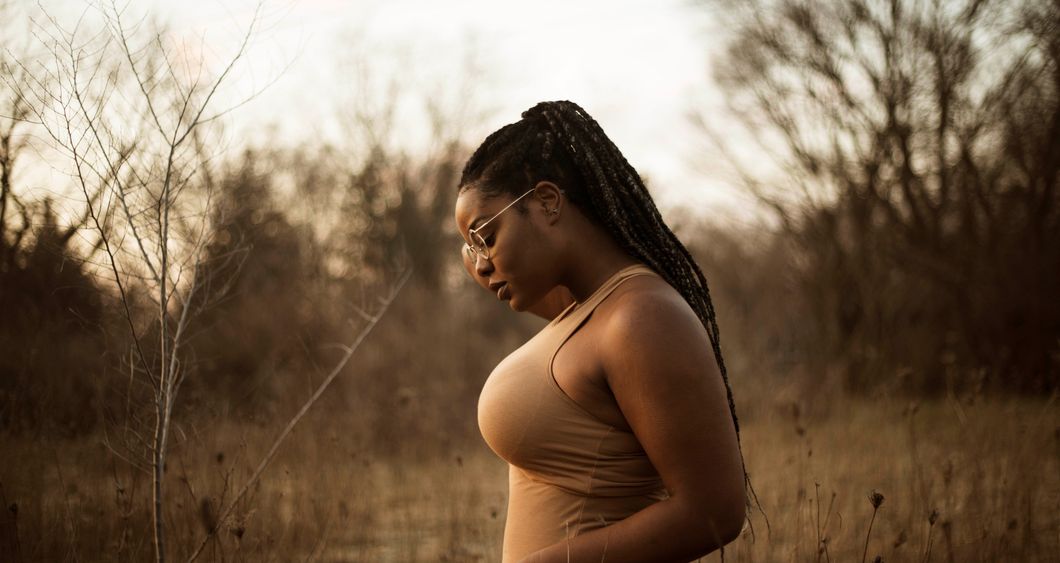There is one thing, in particular, that is most responsible for how people view themselves and what they deem "attractive," "trendy," or "stylish": the media. We look to the fashion, beauty, and entertainment industries to set the standards, and to entertainers and public figures to uphold them. Over the entirety of human existence, beauty standards have warped and changed so much to the point they become almost unrecognizable from era to era. In our present era, women's bodies are held to impossible, even outright dangerous, standards.
At one point in time, women were heralded for being heavyset. More meat on their bones signified wealth and luxury. Soon, however, things went in the opposite direction.
In the '60s, the era of hippies and rebellion, women were ditching the conservative and overly elaborate fashion choices of the '50s for more revealing and simplistic choices, which led to a greater emphasis on being thin.
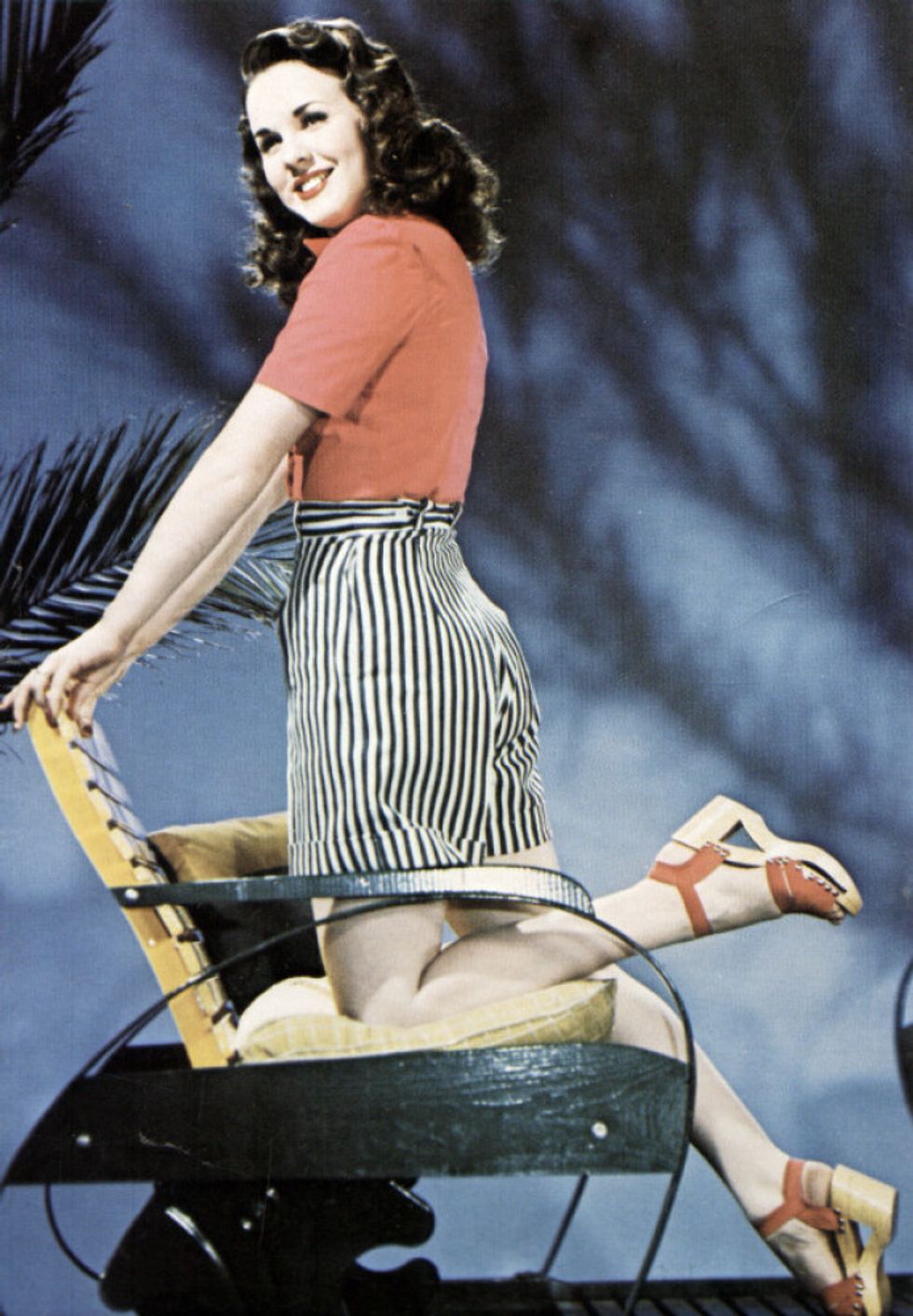
Taking it to the extreme, in the mid-1990s, looking gaunt and tired was all the rage. Coined "heroin chic," looking rail-thin was popularized by the fashion industry, through models such as Cindy Crawford and Kate Moss, who wanted to reflect the drug addiction problem rampant in the U.S.
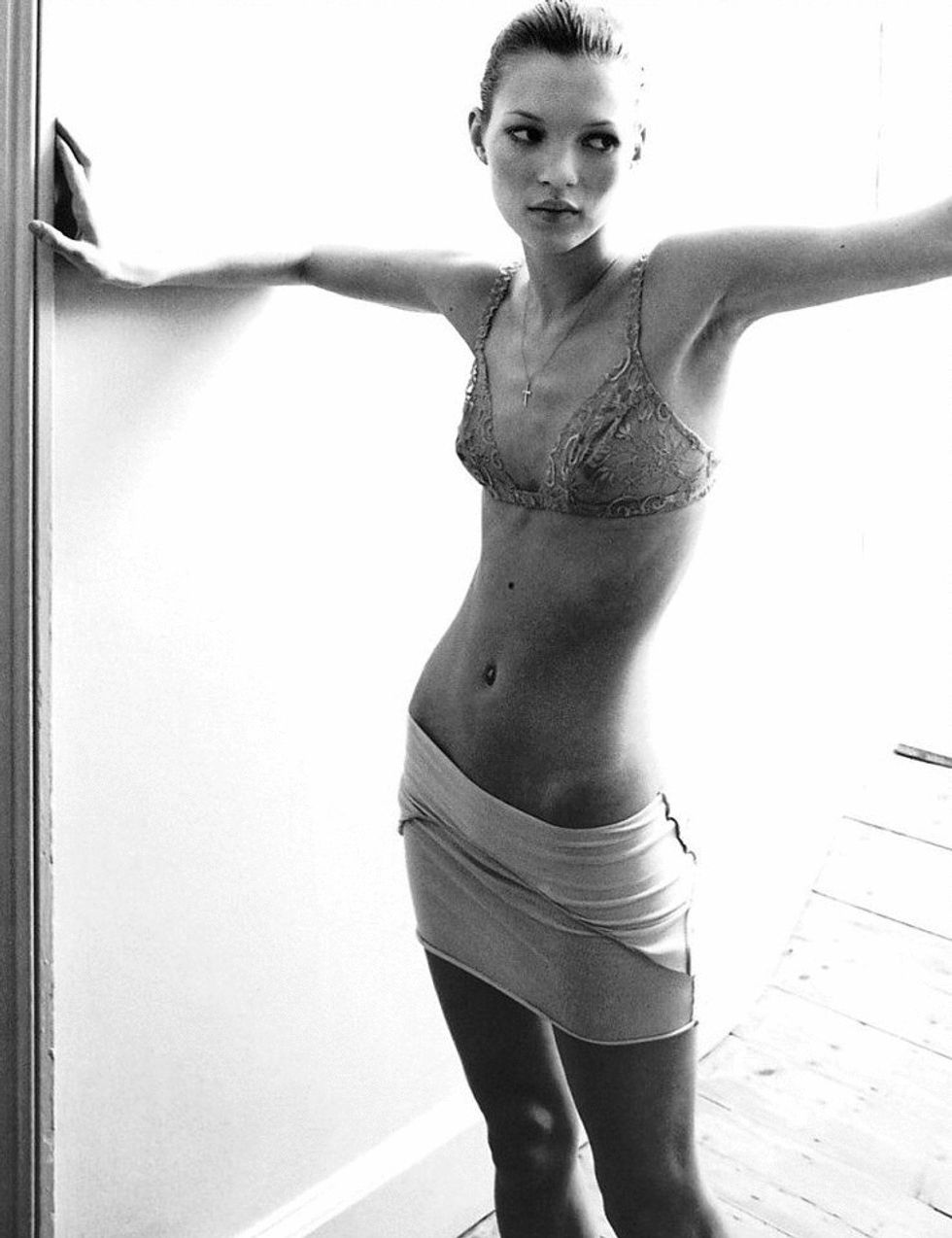
Any person would assume, based on the trends throughout history, that now we'd be in an era where thinness bordering on anorexic and sudden death would be popular now. But, that couldn't be further from the truth. It seems as though the media has stopped fixating on thinness and instead wants us to get "thiccer" — in the right places.
"Why is that?" you might ask. Well, insert celebrities like Kim Kardashian and Jennifer Lopez, and you get a recipe for beauty standard disaster. When these women first stepped onto the scene, they were like unicorns. They had a body type that was not common in the mainstream media. They were thin, but they also had a lot of ass behind them. In fact, Kim Kardashian was boosted to stardom simply over that fact (which was brought to attention by a very popular tape directed by Ray J).
Now, notice I said mainstream media and not media in general. In the hip-hop community and Black community in general, it's always been about ass. Video vixens found in rap videos always had large rear-ends, while in Black movies/tv shows, the actresses were slightly thinner, but still had an apple bottom. Black men have always desired a full bottom. In our community, having a big butt was nothing extraordinary or impressive. It was just the norm.
On a White (or racially ambiguous) girl, however, it was iconic.
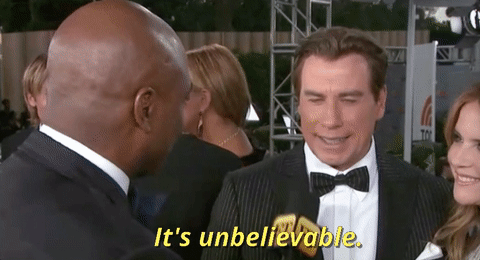
The mainstream media was fascinated with the idea of ditching the antiquated idea of thinness and embracing it with "thick in the right places." For the first time, the question, "Does my butt look big?" was asked with a hopeful lilt, instead of in fear of looking chunky. For the first time, having a big ass and thighs was marketable. Can you guess why?
Bingo! You guessed it. Black men.
Okay, technically it was a mixture of Black men boosting up non-Black women and the media's knack to profit off of Blackness, but Black men are more to blame.
Just hear me out for a second.
When J-Lo first stepped on the scene, which community did she gain fame among first? The Black community. (Remember how she was "Jenny from The Block" and dated multiple rappers? She even started out as a backup dancer on a Black tv show.) When Kim Kardashian first stepped onto the scene, which type of men helped boost her reputation? Black men. (To be fair, that's the only type of men she was interested in as well). They helped to garner attention to these women (which is not bad, I'm not bashing them) and the media ran with it.
Just like with Black men, the wider mainstream audience saw these exotic-looking women as the new-age epitome of beauty. They were perfect to usher in the new era of beauty because they took old ideals (typical European standards, like a straight nose; long, straight hair; light skin, etc.) and fused it with "foreign" attributes. (I should also note that Black women like Nicki Minaj and '"Bootylicious" queen Beyonce helped to usher in this new trend as well, but they uphold many European standards of beauty, which makes it easier for them to be seen as desirable).
And this is becoming a serious problem for women, but especially Black women, whose identity is threatened by this new trend.
Natural booties are not appreciated anymore, not even the ones that are nicely shaped and full. This trend has warped into some grotesque contest for who can have the biggest, most overwhelming rear-end.
As women see these celebrities — with ample money to fund their cosmetic procedures because those asses are not real, raise the bar and continue to make their butts bigger and bigger, they feel more pressured than ever to keep up. Having a normal sized, plump booty just isn't good enough, which pushes many women to seek out additional help through plastic surgery. And in more cases than it should be, the plastic surgery is done illegally using "butt injections" through the black market.
International rap star Cardi B even admits to getting illegal butt injections: "It was the craziest pain ever. I felt like I was gonna pass out. I felt a little dizzy. And it leaks for, like, five days... somebody died on [the black market doctor's] table."
This new fad is problematic in and of itself, but when we take a look at a marginalized group such as Black women, we see that they are more at risk and more severally harmed by these dangers. For the longest time, Black women's identities have revolved around their bodies. It's in our music. Every rapper talks about big booties. And it's part of our culture. Being "cornbread-fed," or thick, is something that Black women have felt has been exclusively specific to us and our body types (except for Latinas... they can get pretty thick as well) for as long as we can remember. Take a look at Sarah Baartman, a South African woman that was captured and toured around as part of a freakshow expedition due to her large buttocks.
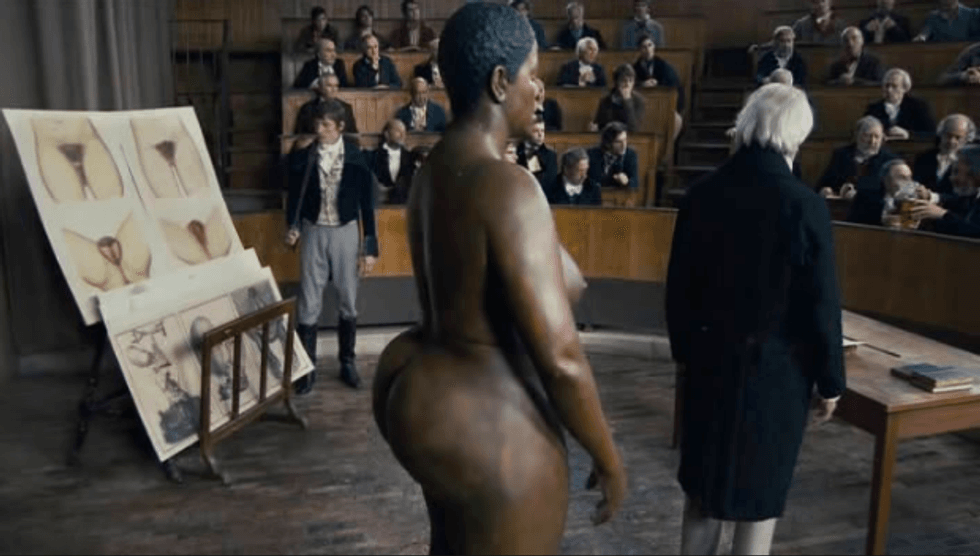
Black women (and men, even) have been fetishized and oversexualized for our bodies for centuries. It should be no surprise that we have adapted to place a significant amount of emphasis on this aspect of ourselves. It can be a source of pride (in a warped way), but also a source of shame. For Black women who are not naturally thick, we can feel less than, as though we're not "Black enough" or something. Trust me, I know how silly it sounds, but it's actually a real issue. Skinny Black girls with no ass often question what went wrong with their genes. Being built like a "White girl" is something feared in the Black community.
When we feel our identities are threatened, we do anything to preserve it, which leads us back to one of the many dangers facing Black women of this generation. Experiencing higher rates of poverty, many Black women don't have money to shell out thousands of dollars on a Brazilian butt lift. Instead, they choose to go for the much cheaper, but much more dangerous alternative: illegal butt injections. Some women have died, like Ranika Hill, 25, and Symone Marie Jones, only 19, while others have been left permanently scarred.
The injections are often administered in unsterile and unsafe environments, or may be filled with dangerous substances, like cooking oil. The prevalence of these procedures is actually much more common than people think, but not much is being done to stop or prevent this practice. Aside from a few news channels doing reports on this phenomenon, not much else has been said.
As an intersectional feminist, I see the need for more awareness to be brought onto this subject, and other feminists should as well. The problem with mainstream feminism is that they are not fighting for women's rights or shedding light onto women's issues. They are fighting for some (mainly White, middle-class) women's rights and shedding light onto some women's issues. Call me crazy, but I don't think not being able to post your nipple on Instagram is that big of an issue. Black women are dying due to the pressure to feel desired and accepted by their community and larger society, the pressure of which is mainly fueled by male supremacy. So why aren't more feminists talking about this? Why isn't the idea that Black women are supposed to be thick and curvy being widely challenged?
For feminists, body image is always a topic of conversation, but the way body image is shaped by personal experiences and identities is almost never addressed. For instance, White women are more prone to anorexia than Latina or African-American women, who are more prone to overeating. As you can guess by now, this difference between the two groups is directly related to the difference in cultural experience. Mainstream feminism is concerned with body positivity, but only on a surface level. In fact, almost all mainstream feminist issues are only addressed on the surface level. For instance, the gender pay gap — yeah, there's a significant gap in how much men and women are paid, but there's also another gap between how much White and Asian women (Asian women actually make more than White women) are paid compared to Black and Latin women. When we fail to have these complex conversations, we miss out on rectifying key parts of the problem.
As feminists, we must do better, and always remember that in addition to our identity as women, we have identities as being Black, Latina, Afghan, lesbian, poor, disabled, etc. and that if we want to fight for women, we have to fight for all women.

